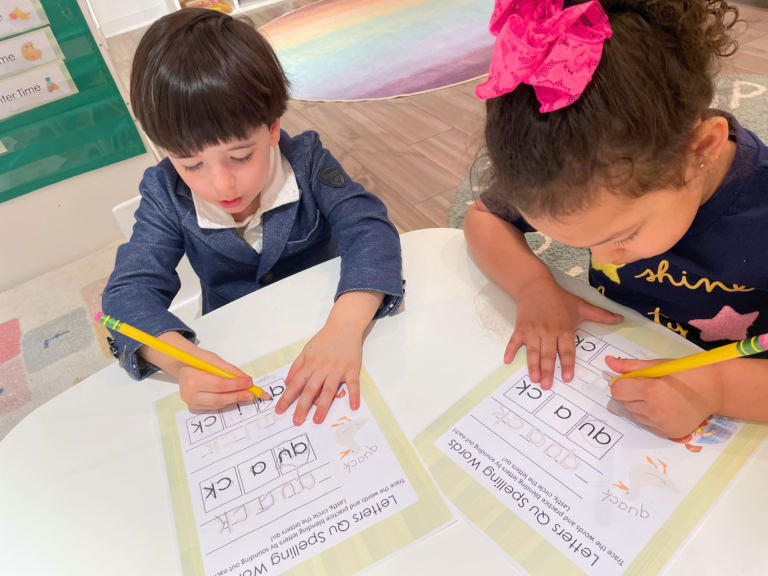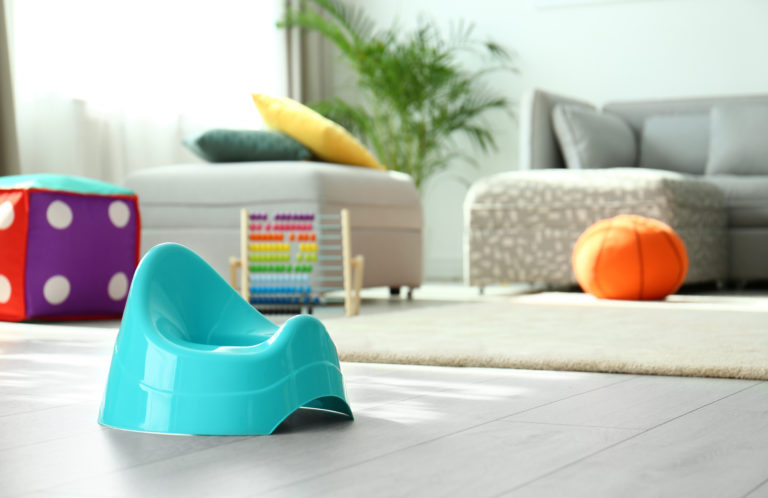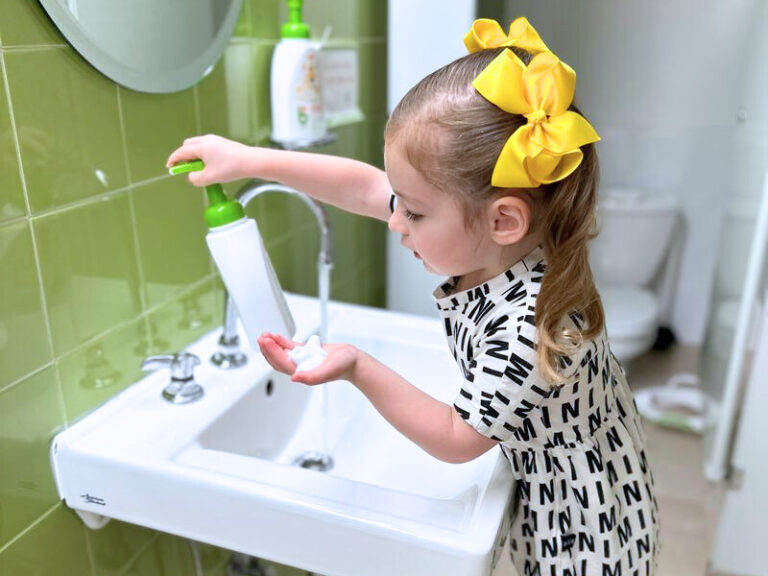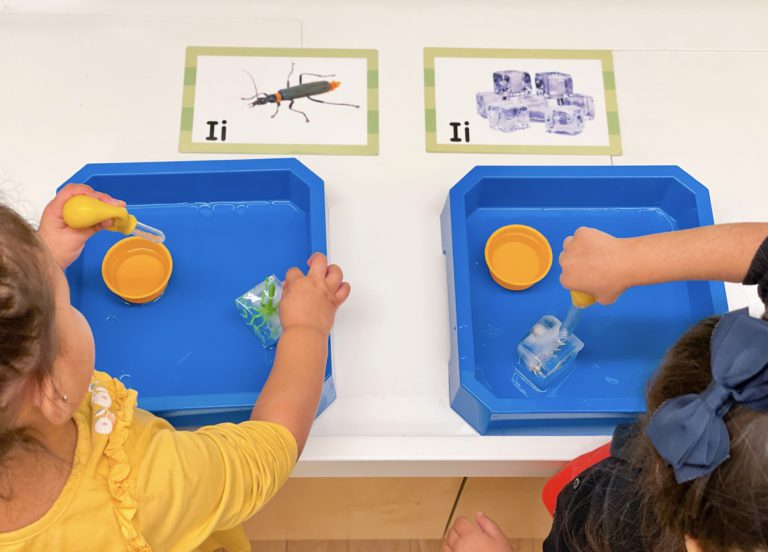Important Qualities to Nurture in Your Little One
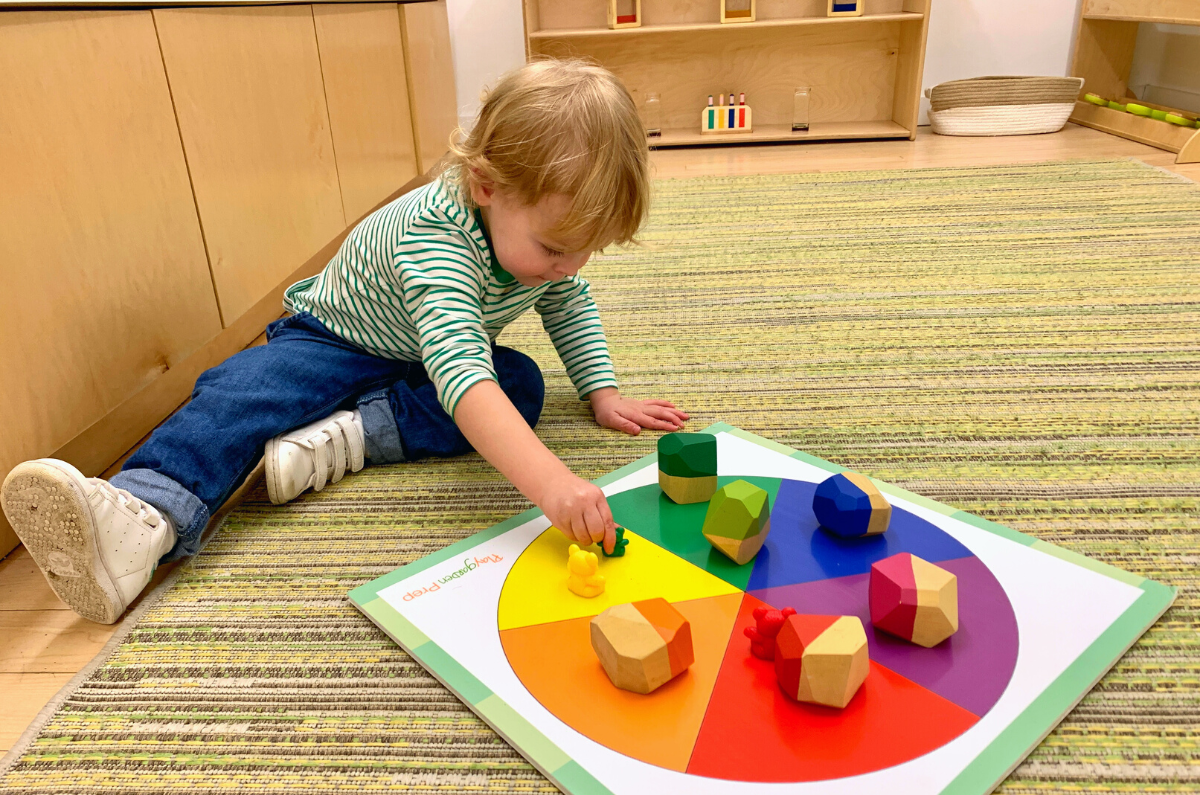
Every parent wants to do their part to make sure their little one grows up to be happy and healthy—emotionally and physically—as well as successful! This can seem like a pretty tall order with very few real instructions toward success, though; each little one is different, with their own personality and their own set of needs. So, what are some steps parents can take to ensure that their little one will grow in a helpful and healthy fashion? The answer actually has the most to do with how one emotionally prepares their little one for the world. Studies show that children who have grown into happy and successful adults all share a few key qualities, and by nurturing these in your little one, you can prepare them for life ahead in the short term and long term.
The first of these traits is a huge stepping stone for so many areas of your little one’s life: the ability to trust. It can be tough for a little one who has not developed a capacity to trust to build stable relationships, feel confident, or progress forward in life. So, ensuring that you are imparting trust on your little one is key from the moment they are born! Depending on their stage of life, what that trust looks like and how it is demonstrated will vary. When your little one is still an infant, they will need their basic needs taken care of. Rocking them, feeding them, and changing their diaper are all great examples of letting your little one know you’ve got them. However, you can also absolutely make sure they feel the care you have for them in other ways, such as singing to them, talking with them (even when they can’t respond) and reading stories to them. As your little one gets older, their needs will grow alongside them. All of those basic care-taking tasks will still be there, but they will need attention in new ways as well. For example, if your little one worked hard on building a block tower or writing their own name for the first time during preschool at home or in-person, it’s so important that you notice the signals of what they’re trying to ask you. This may vary from little one to little one, but is not varied in importance, no matter how much or how little attention your child may ask for.
After trust comes something we all can struggle with even into adulthood: patience. Child development specialists say that children who learn patience are instilled with a greater ability to persevere through difficult things and succeed. Little ones who learn patience early on are also able to feel more independent and accomplished as well. One of the best ways to help them become acquainted with patience is to practice it yourself! Just as you notice so much of what your little one does, they are watching and noticing you right back. We know it can be really tough to keep your cool when you’ve had a long day and something frustrating happens, but try to breathe through it and count to ten before responding. Modeling the behavior you want to see in your little one for them is one of the best ways to teach them, so when that computer just won’t load in time for online homeschool or other screen time, explaining what’s happening and trying to keep cool is far more effective in the long run than reacting angrily. You can also help your little one by attaching words to the big emotions they feel. Even when your little one can’t say exactly how they feel, if you take the time to explain and validate those feelings, they will learn! Finally, it’s really important to be understanding of how your little one is still learning to take in the world around them. Things like time that seem easy for us to understand still may pose challenges for them, so when your little one starts to get impatient, try to incorporate numerical value to how long something is taking.
Responsibility is a multifaceted word that is so important to begin educating your little one on. Many early childhood educators say that success in life can stem from the ability to make a commitment and follow through on executing it. Even from age one, little ones start to take notice of what cause and effect is, and can learn how their actions have consequences. You don’t have to inundate your little one’s life with massive responsibilities right away, but it’s a great idea to try to start incorporating tasks into their life that they are able to complete with relative ease, such as asking them to pass a spoon to their sibling. As your little one gets older, you can give them tasks that increase in difficulty. It helps a lot to explain why each task is important too, so long as you keep it concise. If you’re worried about completing tasks in a timely manner, don’t worry! Your little one can still do them—just be sure to be specific and precise about the tasks you’re asking of them.
Another hugely important quality to impart upon your little one is empathy. When your little one is still figuring out the world around them, it can be difficult for them to see the world from someone else’s shoes. Even though they will likely display some form of empathy, your role in helping to develop your little one’s ability to feel for others is key. A really helpful tool is to explain to your little one exactly how actions make other ones feel. For example, if your little one whacks their sibling, explain how being hit doesn’t feel good. Gentle parenting in this way goes beyond just pointing out or scolding. You should also keep an eye on what your little one watches during their screen time! Violence in cartoons and its lack of impact can confuse your little one about the effects of being violent. Finally, you just have to work on modeling the behavior you’d like to see from your little one. Empathy is so important for your little one’s future relationship-development ability and social competence, especially when not all learning is in-person anymore and some children participate in homeschool preschool; online homeschool is wonderful, but because your little one is not always in person with their peers, you just must reinforce these empathy teachings when in preschool at home.
Finally, it’s crucial to teach your little one self-reliance! As your little one gets older, you may notice that they are beginning to have enough of a personal identity to know what they want and to make judgments all by themselves. A useful tool to encourage self-reliance can actually be taking a tiny step back; instead of trying to solve your little one’s problems for them, offer them ideas for discovering a solution all on their own. You can help them tackle bigger problems by helping to break the problem down into smaller steps that can be mastered on their own, just like cutting food into bites! Similar to introducing your little one to responsibility, you can also engage with your little one and give them things to do. These tasks can be age appropriate, but will help your little one to develop a stronger sense of autonomy. Once again, it is also very helpful for you to model your behavior to your little one as you problem solve; say what steps you’re taking out loud, show your little one how you are taking action to find a solution, and soon enough, they will follow your lead!
It can seem daunting trying to help your little one to be the best version of themselves, but trust us—all the tools you need are inside you! When you make teaching your little one these things a priority, you are setting them up for a happy and successful future, personally and socially.
Try Our Virtual Preschool for FREE! Playgarden Prep offers educational videos from real teachers, and numerous DIY projects that support early childhood education and development.
Popular
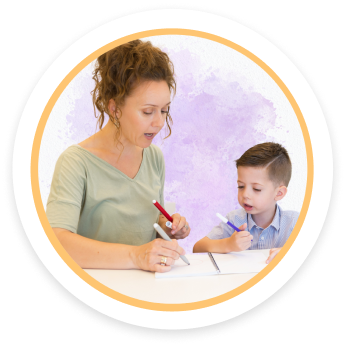

Hi, I'm Miss Charlotte!
Miss Charlotte is an Education Director by trade, and a mom by heart. All 200+ of our DIY projects were created by Miss Charlotte, with the help of her expert DIY assistant—Her 4 year old daughter! With a MST degree in Early Childhood Education and 15 years of teaching experience, her blogs and DIY projects have been an incredible resource for our Playgarden Prep schools. We hope that your family loves them as much as we do!

